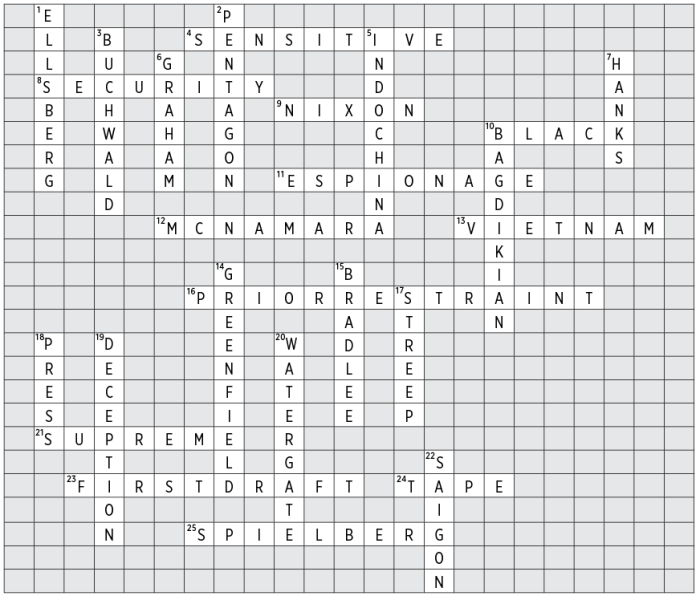Delving into the intricacies of municipal government, this guide serves as a beacon of knowledge for those seeking to unravel the complexities of local governance. Municipal Government Icivics Answer Key unveils the inner workings of these essential entities, empowering readers with a comprehensive understanding of their structure, functions, and impact on community development.
Throughout this exploration, we will navigate the fundamental principles of municipal government, examining its role in providing vital services, fostering economic growth, and enhancing the well-being of citizens. By shedding light on the powers, limitations, and sources of revenue that shape municipal governance, this guide equips readers with a profound understanding of how these local institutions operate.
1. Definition and Purpose of Municipal Government
Municipal government, also known as local government, is a form of governance that operates at the city or town level. It is responsible for providing essential services and managing the affairs of a specific locality.
The primary purpose of municipal government is to ensure the well-being and quality of life for residents within its jurisdiction. This includes providing essential services such as water, sanitation, transportation, and public safety.
Functions and Responsibilities of Municipal Government
- Provide essential services (water, sanitation, transportation, public safety)
- Manage land use and zoning
- Enforce local ordinances and regulations
- Promote economic development
- Provide recreational and cultural opportunities
2. Structure and Organization of Municipal Government

The structure of municipal government varies depending on the specific locality and the governing laws of the state or province.
Typical Structure
- Mayor: Elected official who serves as the head of government and represents the municipality
- Council: Legislative body responsible for passing ordinances and setting policies
- Other elected officials: May include city manager, treasurer, and attorney
Branches and Departments, Municipal government icivics answer key
Municipal governments are typically divided into branches or departments, each with specific roles and responsibilities:
- Executive Branch: Mayor and city manager
- Legislative Branch: Council
- Judicial Branch: Municipal court
- Administrative Departments: Police, fire, public works, planning
3. Powers and Limitations of Municipal Government: Municipal Government Icivics Answer Key

The powers of municipal governments are granted by state or provincial laws. These powers may include:
- Power to tax and spend
- Power to regulate land use and zoning
- Power to provide essential services
- Power to enforce local ordinances
However, municipal governments also have limitations on their authority:
- Cannot violate state or provincial laws
- Cannot impose taxes or regulations that are discriminatory
- Cannot interfere with interstate commerce
Question & Answer Hub
What is the primary function of a municipal government?
Municipal governments are responsible for providing essential services to their communities, such as water and sewer services, waste management, public safety, and road maintenance.
How are municipal governments structured?
Municipal governments typically consist of a mayor, a council, and various departments and agencies. The mayor and council are elected by the citizens of the municipality.
What are the sources of revenue for municipal governments?
Municipal governments generate revenue through property taxes, sales taxes, user fees, and other sources. They also receive funding from state and federal governments.
How can citizens participate in municipal government?
Citizens can participate in municipal government by attending public meetings, serving on boards and commissions, and voting in elections.